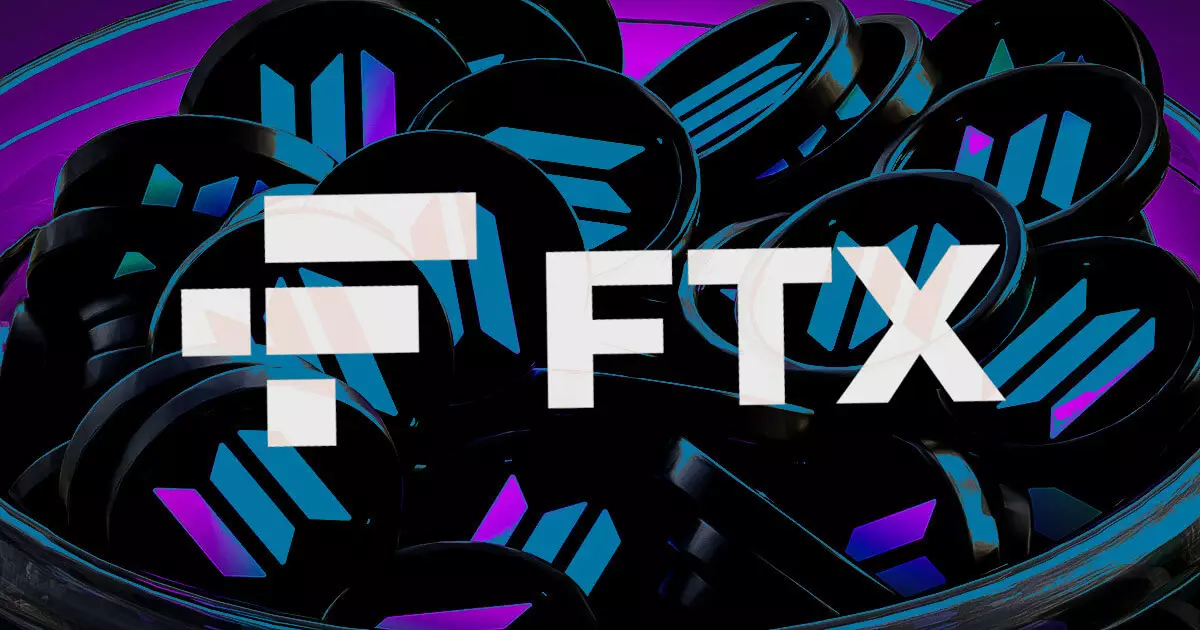FTX creditors are not pleased with the recent sale of the bankrupt crypto exchange’s Solana holdings to venture firms at a significant discount. The decision to offload 30 million SOL at $64 each, a 62% markdown from the current market price, has raised concerns among those affected by the exchange’s collapse. Sunil Kavuri, a victim of the bankruptcy, criticized the move, stating that it destroyed value for FTX creditors and accused the firm’s bankruptcy lawyers of prioritizing their clients over the creditors.
The sale of Solana holdings is not the only controversial move by FTX during its bankruptcy proceedings. The exchange has been divesting digital assets, with on-chain data showing transfers of approximately $15 million worth of crypto to centralized exchanges. This includes significant amounts of ETH, WETH, and WBNB being moved to platforms like Coinbase and Binance. Additionally, FTX has transferred around $105.9 million worth of various altcoins to intermediary wallets, followed by $16 million in assets being deposited to centralized exchanges.
Among the tokens transferred by FTX and Alameda, GateChain’s 3.17 million GT tokens stand out as being valued at $31.3 million. Furthermore, significant amounts of LEO and VIC tokens were also moved, along with distributions of $37.6 million among 16 other lesser-known digital assets. The continuous movement of digital assets by FTX has raised questions about the transparency and fairness of the bankruptcy proceedings.
The controversial sale of Solana holdings and the recurring liquidation of digital assets by FTX have had negative implications for creditors and investors affected by the exchange’s collapse. The perceived prioritization of clients over creditors, as well as the significant markdowns on asset sales, have fueled distrust and dissatisfaction among those with stakes in FTX.
The controversy surrounding FTX’s actions during its bankruptcy proceedings highlights the challenges and complexities involved in resolving such cases within the crypto industry. The ongoing criticism from creditors and investors underscores the need for transparency, accountability, and fairness in handling bankruptcies within the crypto space.

